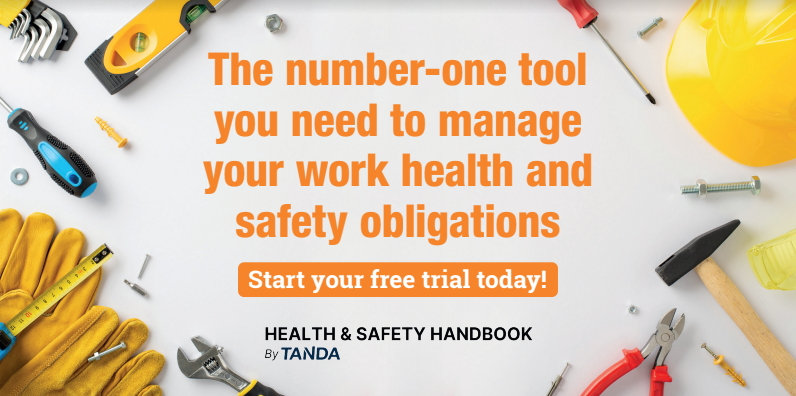7 key Closing Loopholes reforms and how they will affect you
This year, many reforms to the Fair Work Act 2009 (Cth), made by the Fair Work Legislation Amendment (Closing Loopholes No. 2) Act 2024, are taking effect. These ‘Closing Loopholes’ reforms were drafted by the Department of Employment and Workplace Relations, which recently published fact sheets on the changes. The fact sheets provide a thorough overview of the changes and the DEWR’s observations on their impact. Below is an outline of seven of these reforms and their impacts, as outlined by the DEWR in its new fact sheets:
- Right to disconnect: From 26 August 2024 (26 August 2025 for small businesses), subject to exemptions, employees will have the right to disconnect and reasonably refuse to respond to contact, or attempted contact, from their employer (or relevant third-party) outside of work hours. Unreasonable refusal is assessed based on reason for the contact, the level of disruption, the employee’s role and their personal circumstances. The Fair Work Commission (FWC) will have the power to resolve disputes and make stop orders against the employee to stop unreasonably refusing contact, or against employers to stop making unreasonable contact. Employers are not prohibited from contacting their employees out of hours. Rather, employees will be protected from being disciplined if they refuse to connect outside working hours when then are not expected to be working or paid to be working, so long as this is not unreasonable. Learn more about the right to disconnect in our 7 March bulletin.
- Minimum standards for ‘employee-like workers’: From 26 August 2024, the FWC will have the power to set minimum standards for ‘employee-like workers’ who perform work for, or via, a digital labour platform (e.g. gig economy workers). In addition, the amendment provides for consent-based collective agreements frameworks and access to dispute resolution for unfair deactivation from a digital labour platform. The kinds of provisions that the FWC might set as minimum standards include payment terms, deductions, record-keeping, cost recovery and insurance. Terms relating to penalty rates, payments for time between jobs and minimum periods of engagement will not be set if inappropriate for the work of the digital platform workers or businesses.
- Definition of ‘casual employee’ and casual conversion rights: From 26 August 2024, an employee will be defined as a casual if the employment relationship is characterised by an absence of a firm advance commitment to continuing and indefinite work, and the employee is entitled to either a casual loading or a specific rate of pay. Casual employees can now request conversion to permanent employment after 6 months with an employer. Small businesses casuals are now able to ask for permanent conversion after 12 months. Casual employees will have the choice to request conversion to permanent employment – it is not mandatory. The option will allow interested casual employees to enjoy job security and paid leave entitlements. Learn more about this in our 29 February bulletin.
- Definition of ‘employee’ and ’employer’: From 26 August 2024, the definitions of ‘employee’ and ‘employer’ will be amended to include an interpretive principle to assess the real substance, practical reality, and true nature and totality of the relationship between the parties. Workers will be able to opt out of being employees through a notification process if they earn more than the contractor high-income threshold. The amended definition of ‘employee’ and ’employer’ will create a fairer test for assessing whether a contractor is an employee, and a principal is an employer. This will see a return to the multi-factor assessment that was previously used by the courts when deciding whether an employment relationship exists.
- Right of entry to investigate underpayments: From 1 July 2024, union officials will be provided a right of entry to workplaces to investigate contraventions subject to holding a permit and meeting other requirements. Where they once needed 24 hours’ notice before being able to enter a premises to investigate wage underpayments, entry permit-holders can now apply for an exemption certificate where the FWC is satisfied that advanced notice of entry may compromise the investigation. Entry permit-holders will now be able to apply to the FWC for an exemption to the requirement to provide 24 hours’ notice to workplaces. The amendments also protect entry permit-holders from improper behaviour by employers and occupiers.
- Increased civil penalties and sham contracting defence: There will be an increase in the maximum civil penalties that courts may impose for certain contraventions. These penalties can apply against companies but not to small businesses. There will also be an increase in the maximum civil penalty a court can order for failing to comply with a compliance notice. Additionally, a new threshold will be introduced for what constitutes a serious contravention. Sham contracting is misrepresenting employment as an independent contractor. The defence to sham contracting used to be that an employer didn’t know and wasn’t reckless to the misrepresentation. Now, the test is if the employer reasonably believed it was an independent contractor arrangement. The increased civil penalties commenced on 27 February 2024. Penalties for underpayment will commence the later of 1 January 2025 or the day after the Voluntary Small Business Wage Compliance Code is declared.
- Disputes between contractors and principals about unfair contract terms: From 26 August 2024, or earlier by proclamation, a new flexible, low-cost and informal jurisdiction will be established in the FWC to resolve disputes about unfair contract terms between contractors (below high-income threshold) and principals. Subject to the high-income threshold, contractors will be able to challenge unfair terms in a services contract by applying to the FWC. To be able to apply, the contract term in dispute must be akin to a dispute of a contract term in a contract of employment. If the contract term is found to be unfair, the FWC will be able to set aside all or part of the contract and change the terms of the contract.

Get the latest employment law news, legal updates, case law and practical advice from our experts sent straight to your inbox every week.

